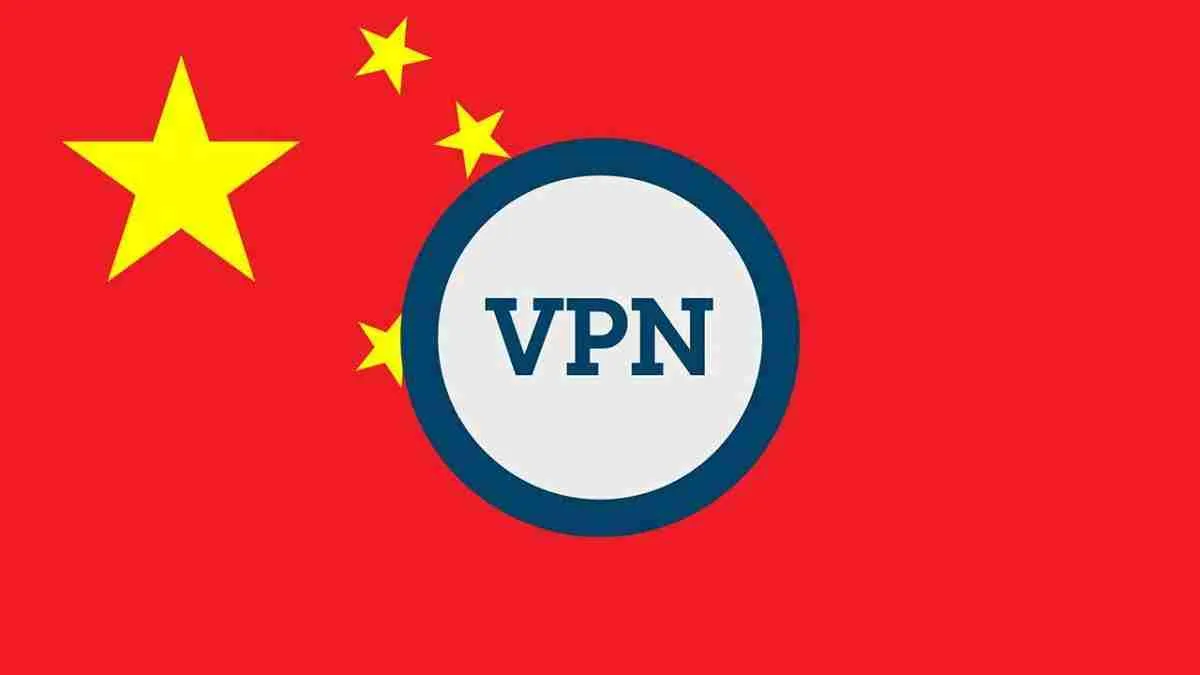Is It Legal to Use a VPN in China? The legality of using a virtual private network (VPN) in China is a complex issue. On the surface, VPNs are not illegal in China. However, in recent years the Chinese government has introduced regulations that make using VPNs extremely difficult. While VPNs themselves are not prohibited, the authorities have essentially made them inaccessible, rendering them de facto illegal for all intents and purposes.
What Is a VPN?
A virtual private network, or VPN, allows users to access the internet privately and securely by routing their connection through a server in a different location. This masks the user’s IP address, location, and online activities.
VPNs were originally created to allow remote employees to securely access company networks and resources. However, VPNs are now commonly used by individuals to:
- Access websites and apps blocked in their country
- Encrypt internet traffic to protect privacy
- Bypass geographic restrictions on content
- Avoid bandwidth throttling and censorship
- Maintain anonymity online
When connected to a VPN server located outside of China, Chinese internet users can bypass the firewall and access blocked foreign websites and apps like Google, Facebook, YouTube and Twitter. This explains the appeal of VPNs for those living under the country’s strict internet censorship regime.
The VPN Ban in China
The Chinese government has never explicitly banned VPNs by law. However, regulators have made it extremely difficult for individuals to access VPN services through a variety of measures:
February 2017: VPN Crackdown Begins
In January 2017, the Ministry of Industry and Information Technology (MIIT) announced new regulations for VPN providers requiring them to obtain government approval to operate.
Then in February, a number of popular foreign VPN services like VyprVPN, ExpressVPN and Astrill reported connection disruptions and service downtime in China. Regulators had begun blocking and throttling VPN connections at the network level.
July 2017: VPNs Withdrawn from Local App Stores
In July 2017, the MIIT ordered all app stores operating in China, including Apple’s App Store, to remove VPN apps. This removed access to unapproved VPNs for local users.
March 2018: VPN Licenses Restricted
The MIIT restricted VPN licenses only to companies registered in mainland China that provide VPNs for internal use. This banned foreign providers like ExpressVPN and NordVPN from serving individual users in China legally.
Ongoing Blocking and Throttling
While cat-and-mouse games ensue as VPN providers try new workarounds, the authorities continue efforts to detect and restrict VPN connections. Tactics include blacklisting VPN server IP addresses, throttling VPN traffic speeds, and actively resetting VPN connections.
Using a VPN in China has become extremely tedious. Connections are unstable, speeds are slow, and users must constantly switch servers and protocols to try to circumvent the blocks. Even paying for a reputable VPN no longer guarantees access.
Are VPNs Illegal in China?
Since there is no law that outright bans VPNs, the legal standing is murky. However, for all practical purposes, VPNs are illegal in China due to the restrictive policies enacted in recent years.
The government classifies VPN use to access blocked content as a breach of internet security laws. Only using a VPN for internal company purposes is permitted. The authorities can punish anyone caught using VPNs illegally with fines and even jail time in serious cases.
Why Are VPNs Restricted in China?
The Chinese government seeks to tightly control the internet space in China, both to censor material deemed undesirable and to supervise the population. Officials argue that internet controls protect national security and political stability.
VPNs allow Chinese citizens to bypass the “Great Firewall” that blocks access to foreign sites and apps. With a VPN, Chinese internet users can:
- Read uncensored international news
- Communicate freely through blocked social media
- Share content without censorship
- Organize collective actions out of sight
- Criticize the Communist Party openly
This free flow of information is seen as a threat by the authoritarian regime. Shutting down VPN access allows the government to more effectively control the online activities of its citizens and restrict outside influences.
How Are VPNs Regulated in Other Countries?
China is not the only country that restricts VPN usage, though its crackdown has been particularly severe. Other nations face criticism for their VPN regulations as well:
- Russia passed a law in 2017 banning VPNs and other internet anonymization tools. Violators face blocking, fines, or even jail time. Critics argue the law gives state censors more power to monitor and suppress online dissent.
- The United Arab Emirates outlaws VPN use to access blocked content and enables blocking of VPN sites. Offenders can face imprisonment and substantial fines. Activists claim the law is used to silence government criticism.
- Turkey banned VPN use following a failed coup attempt in 2016. The law was supposedly enacted to protect national security and prevent terrorism. However, dissidents allege it stifles free speech and access to information.
- Iran rolled out one of the world’s strictest internet censorship regimes, including VPN restrictions. Nonetheless, many citizens still use VPNs to bypass filters and spread content deemed unacceptable by the morality police.
- North Korea only permits access to its tightly controlled national intranet. Unsanctioned VPN use to get online can result in digital surveillance, detention, and forced labor.
Can VPNs Still Be Used in China?
While it has become very difficult, some methods still enable VPN access in China:
- Select foreign VPN providers – A small handful of overseas VPN companies can maintain stable China connections by constantly tweaking servers, protocols, and encryption to stay one step ahead of the censors.
- Domestic VPN services – Government-approved, licensed Chinese VPN companies exist but must comply with censorship and surveillance. Most block forbidden sites and apps and keep logs.
- Self-hosted VPNs – Tech-savvy users can rent a virtual private server (VPS) overseas and configure their own VPN. This offers privacy but requires technical expertise.
- Routing apps – Tools like Shadowsocks and V2Ray use proprietary protocols to circumvent blocks. Like VPNs, authorities are playing whack-a-mole with new app versions.
- Tor browser – The Tor network bounces traffic through multiple nodes to mask user locations and activity. However, Tor connections are extremely slow in China due to active blocking.
Of course, all these options come with risks. Getting caught breaking China’s internet laws can result in fines, detention, deportation for foreigners, and confiscation of equipment. Proceed with caution.
The Future of VPNs in China
The Chinese government continues to strengthen the Great Firewall and crack down on VPNs. Tactics are becoming more advanced, including machine learning to detect VPN usage and identify users.
However, even in a tightly controlled environment, citizens are resourceful. Demand remains high for VPNs and other censorship circumvention tools among tech-savvy Chinese who desire unfiltered access to information. Providers respond with innovative solutions to bypass the latest blocks. But the future outlook remains uncertain.
For the time being, using a VPN in China requires accepting the risks. Connections will be slow and unreliable. Apps and websites are frequently inaccessible. Users must constantly switch servers and protocols seeking a connection that works – until it gets blocked again. Nonetheless, VPNs remain the only option for Chinese citizens to access uncensored internet.
Conclusion
In summary, VPNs themselves are not specifically illegal in China. However, recent regulations make them extremely difficult to access for the average individual.
The government blocks connections to overseas VPN services and prohibits unlicensed domestic providers from serving personal users. The stated aim is to tighten control over the internet space and block access to undesirable foreign content. For Chinese citizens seeking uncensored access to information, using a VPN requires technical skills and a degree of risk tolerance. The cat-and-mouse game between VPN providers and state censors continues, with an uncertain long-term outlook.








